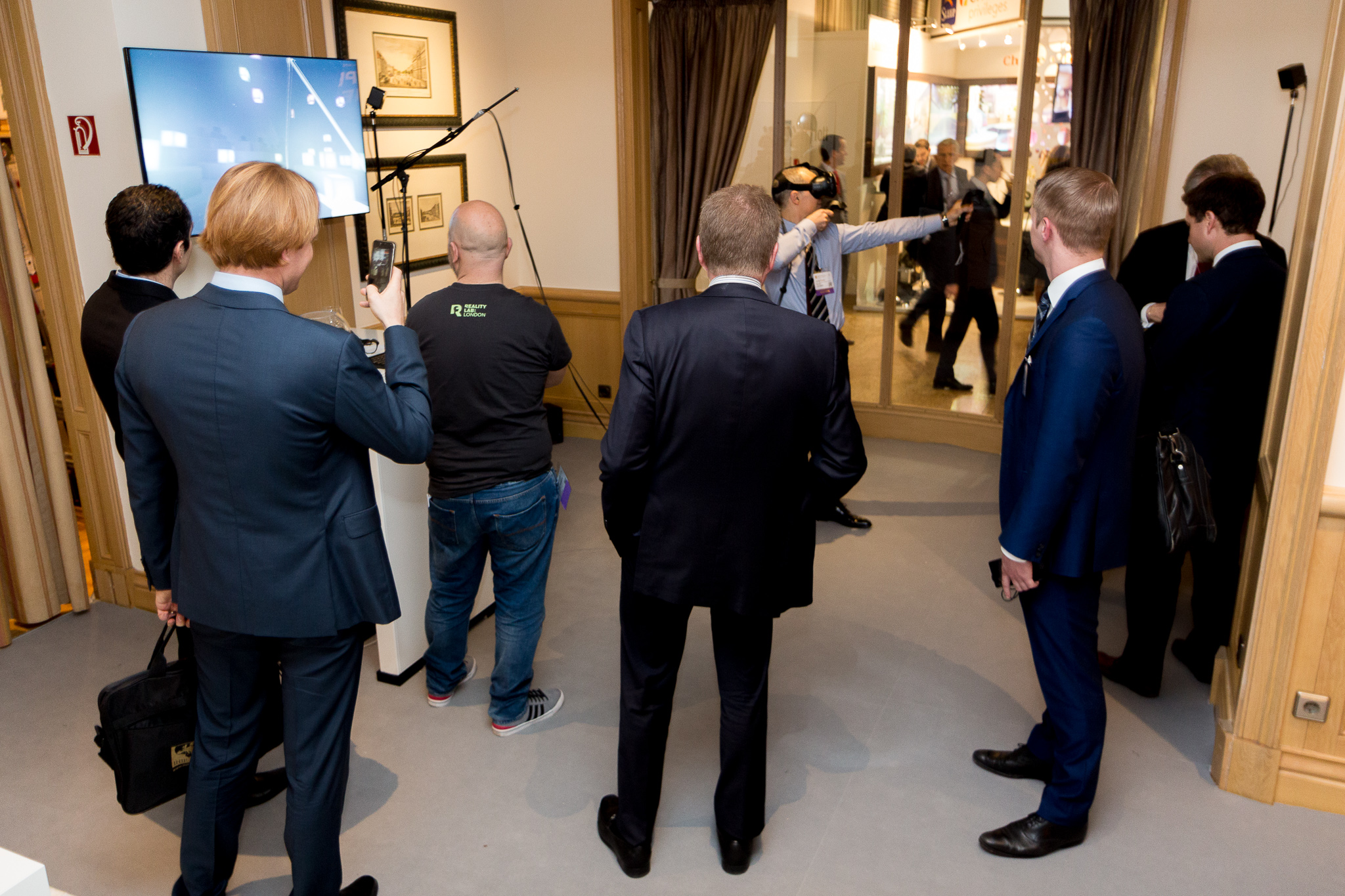At the end of last month, Apple released iOS 11, along with their new range of devices. Among many other features iOS 11 includes ARKit, Apple’s new technology for augmented reality.
This news flew under the radar for many people. It was the last thing listed on Apple’s press release about the next generation of devices, and was overshadowed by the controversy around the new iPhone X.
In a way, this low-profile release of ARKit makes sense; AR has had a niche appeal since Google Glass failed to take off back in 2014, and it’s only been helped a little by the global success of Pokemon Go. Outside of a few gimmick-driven games, art installations, and tech demos, it’s unclear what value AR would bring to most people and it seems destined to vanish just like Glass, so it makes sense for Apple to regard AR as taking a risk, and not to bill it too high.
Or at least that’s the pessimistic view - but the optimist might point to the potential of AR as a practical and enduring technology...
One thing that’s not widely known about Augmented Reality is that it was first developed by the US Air Force in the 1980s:
In order to increase the response time of fighter pilots, military engineers used computers to condense massive amounts of flight data into simple icons and then projected those icons onto the two visors of a pilot's helmet. In other words, they made an AR headset. [1]
Image: United States Air Force
But, despite AR’s pragmatic origins, most of the consequent uses of the tech have been for entertainment. There are some exceptions, such as Ikea’s catalogue app or AirMeasure, a nifty ruler app which lets you test the position of an object in a space, but in general these are just variations on the most basic application of AR: putting something virtual into a real space.
What hasn’t yet been widely explored is the way that AR can work together with other systems to help with everyday work tasks:
Some companies including Microsoft have begun to popularise the broader concept of practical AR via devices such as the Hololens, but these products are currently pitched towards professionals such as industrial designers and surgeons.
The military AR device was exceptional because it was accessible to a large group of people, had a practical use, and could be integrated with day-to-day operations, and at RealityLab: London we see these as good principles to help guide the coming wave of popular AR (e.g. in the form of ARKit and its Android doppelganger, ARCore) and as a major opportunity to assist with everyday work in many other fields.
Image from Wikimedia Commons. License: CC share-alike by attribution.
We’ve been working with VR and 360 film for a range of practical purposes; from promoting events to training people in immersive ways, and we see AR as another useful tool in these (and other) spaces, and, as the technology matures, we expect to see AR augment the everyday work process in many ways:
Imagine a taxi driver who wants to get to their next client as quickly as possible and not wanting to reconfigure their GPS for each call: with augmented reality, the road in front of the driver could be lit up, with colour-coded icons showing the route to each customer, their likely value, and any major delays or incidents which could affect the journey. A similar technology could be imagined for long-distance lorry drivers, but with the emphasis being on accessible roads, dynamic blind spot reminders and regular rest stops. Or imagine the impact AR could have on the effectiveness of emergency services: incidents could be triaged and staff directed in real-time, with information on the numbers and locations of staff readily available to a control centre, along with rolling video footage. And this isn't just a fantasy: companies like Garmin sell HUDs which already realise that vision, albeit in a simple form.
Beyond navigation, AR also promises easier training of people in technical skills; you could overlay close-up footage of a carver’s technique as they carve, or have an explanation of each part of an assembly line available to new engineers. This could even be integrated with guidance systems to make sure that the right balance of skills is available on a given project at the right time.
Image from MIT Tangible Media Group. License: CC Non-Commercial by Attribution.
Research groups such as the MIT Media Lab’s Tangible Media group are even working on ways to augment senses beyond sight, through means as diverse as shape displays, shapeshifting noodles, and sensor-laden body suits - and headphone companies have recently introduced variable noise cancelling - allowing recorded noises to merge seamlessly with the real world, so in the future it’s possible that we might not only be able to see and hear virtual objects, but touch and manipulate them also.
At RealityLab: London we think It’s only a matter of time before these technologies become an everyday part of organisations’ repertoires, and the emerging global AR platform and ecosphere, as offered by Apple's ARKit and Google's ARCore, will present an important first opportunityfor companies to embrace the emerging world of augmented reality in the workplace.
To find out more about our VR, AR, 360 film and gamification work, say hello@realitylab.com.
By Frank Davies, Creative Technologist @ RealityLab: London
[1] Rise of the Machines: A Cybernetic History; Peter Rid
Header image by Pablo Trincado of piece by Yayoi Kusama. CC by Attribution.







